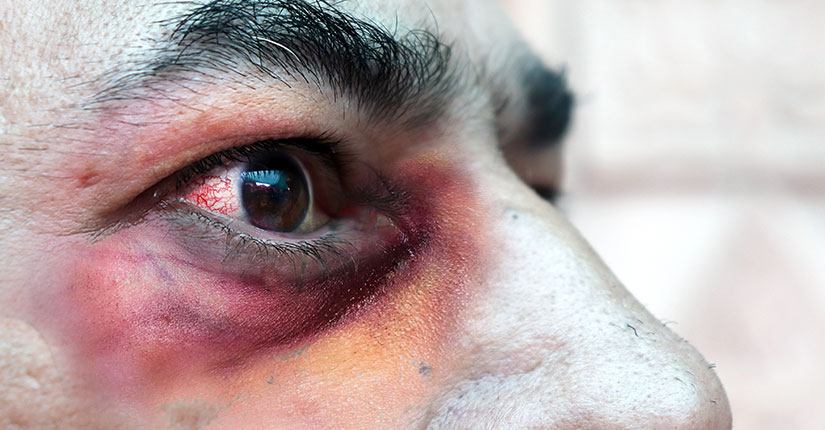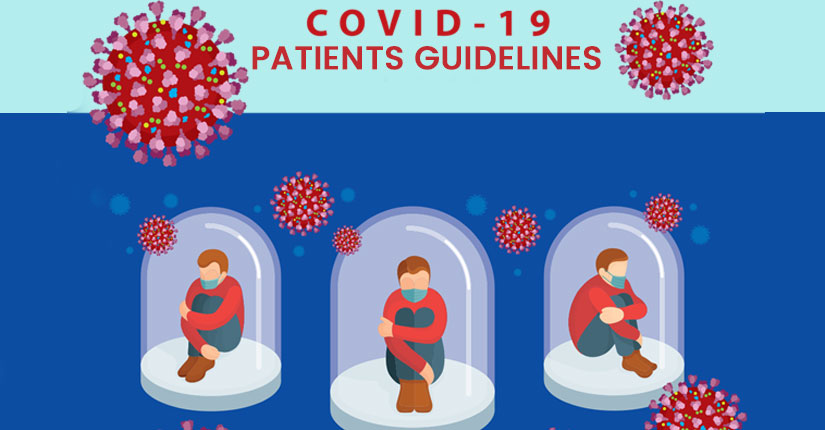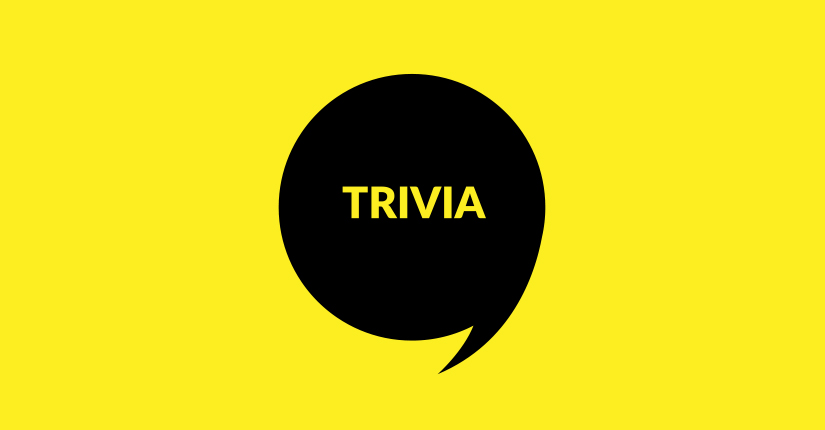Navigating the landmine of information on Social Media
By Nmami Agarwal 30-Jun 2023 Reading Time: 12 Mins

Social media has become an important part of our everyday lives,
it is a platform where people can connect, share and express themselves. However,
with an abundance of information accessible online, it’s often difficult to
distinguish between fact and fiction. Misinformation is rampant on social
media, with millions of people using it the spread of rumors and lies has an incredibly harmful outcome when the news is related to politics, health, and
science. Today we will look at some tips and tricks that would help you to
navigate the sea of misinformation on social media and find the truth.
Misinformation and its prevalence on social media
Misinformation is basically false or inaccurate information that is spread intentionally or unintentionally. This concept is not modern but with the advancement in technology it has gained more attention. Social media is a breeding ground for misinformation as it allows anyone to share information without fact-checking or verification this makes it more certain that false information can spread rapidly and easily, especially when it’s sensational or aligns with people’s biases and beliefs. These algorithms prioritize engagement and often show users content that is likely to keep them scrolling, even if it’s not accurate and this means that misinformation can quickly become viral and reach a large audience. It can also cause harm to individuals and communities if false information is spread about a particular group or issue. It’s important for individuals to be aware of the prevalence of misinformation on social media and to take steps to verify the information before sharing or acting on it.
The impact of social media misinformation
Social media has revolutionized the way we communicate, share
information, and stay connected with friends and family. However, it has also become a breeding ground for misinformation and fake news. The impact of social media misinformation can be devastating, as it can spread like wildfire and cause confusion, panic, and fear among the public. In recent years, we have seen many instances of social media misinformation leading to real-world consequences. For example, false rumors and conspiracy theories about the COVID-19 pandemic have led to people refusing to wear masks, ignoring social distancing guidelines, and even taking dangerous and unproven treatments. Social media platforms have tried to tackle this problem by introducing fact-checking tools, warning labels, and other measures to flag false information. However, the sheer volume of content being generated on social media makes it difficult to catch every instance of misinformation. It’s important for users to be critical of the content they see on social media and to fact-check information before sharing it with others. By being responsible and discerning users, we can help combat the spread of social media misinformation and ensure that the information we consume is accurate and reliable.
Identify Misinformation
Social media has become a great source of information for a lot of people however, with the vast amount of content being shared every day, it can be difficult to determine what is true and what is not. Misinformation on
social media can be dangerous, and it’s important to know how to identify it. One way to spot misinformation is to check the source. If the source is not credible or is unknown, it’s best to do some research before sharing the information to check if the information is being reported by other credible sources, or if it’s just being circulated by a few unknown accounts. It’s also important to look out for sensational headlines. Misinformation often comes in the form of sensational headlines that are designed to grab attention. Always read beyond the headline and check the source of the information before believing or sharing it. By identifying misinformation on social media, we can help stop the spread of false information and promote the sharing of accurate and credible information.
Three steps to verify the information before sharing it
In the current digital age, social media has become an integral part of our daily lives, we share everything from selfies to news stories with our friends and followers. However, with the abundance of information available on social media, it is important to be vigilant about the information that we share with our networks. The spread of misinformation can have severe consequences, leading to panic, confusion, and even social unrest. Here are three simple steps to verify the information before sharing it on social media:
- Check the source: Before sharing any information, it is essential to check the source of the information. Is it a reputable news organization or a random blog? Is the
website secure and trustworthy? If it is a news article, look for the author’s name and credentials to ensure that it is a reliable source.
- Cross-check with other sources: It is always advisable to cross-check the information with other sources to verify its authenticity. Search for the same news on other reputable news sites to confirm the facts. Most credible news sources are likely to report on the same story, so if you can’t find it elsewhere, it may not be true.
- Use fact-checking tools: There are many fact-checking tools available online that can help you verify the authenticity of the information. Websites like Factcheck.org, PolitiFact, and Snopes are dedicated to fact-checking and debunking misinformation.
How to responsibly share information on social media
In today’s digital age, social media has become an integral part of our daily lives. With the ever-increasing amount of information being shared on social media, it’s easy to get caught up in the hype and share information without verifying its authenticity. This can lead to the spread of misinformation, which can have serious consequences. To avoid being a source of misinformation, it’s important to be responsible when sharing information on social media. The following tips will help you share information in a responsible manner:
- Verify the source: Before sharing any information, verify the source of the information. Check if the source is reliable and trustworthy. Avoid sharing information from sources that are known to spread misinformation.
- Check the facts: Check the facts of the information before sharing it. Verify if the information is accurate and if possible, cross-check it with other sources.
- Share only what you know: Share only information that you know to be true. Avoid sharing information that you’re unsure about or that you haven’t verified.
- Be transparent: If you’re sharing an opinion or a personal perspective, make it clear that it’s your opinion or perspective. Avoid presenting personal opinions as facts.
Conclusion and the Importance of critical thinking
To conclude we live in a world where the primary source of information is social media which provides pieces of knowledge within seconds, however, it is not always that the information we receive is accurate or truthful. Social media has made it easy for misinformation to spread like wildfire, and it can be challenging to differentiate between fact and fiction. That is the reason why critical thinking is more important than ever. We need to question the sources of information, verify the facts, and consider the biases that may be present, and should not trust it blindly. It’s crucial to approach information with an open mind and a healthy dose of skepticism just because something aligns with our beliefs or values doesn’t necessarily mean it’s true. Ultimately, critical thinking allows us to make informed decisions based on accurate and reliable information it enables us to navigate the sea of misinformation that exists on social media and elsewhere in our lives by cultivating critical thinking skills, we can be better equipped to find truth in a world where it’s often hidden behind aveil of misinformation.





















